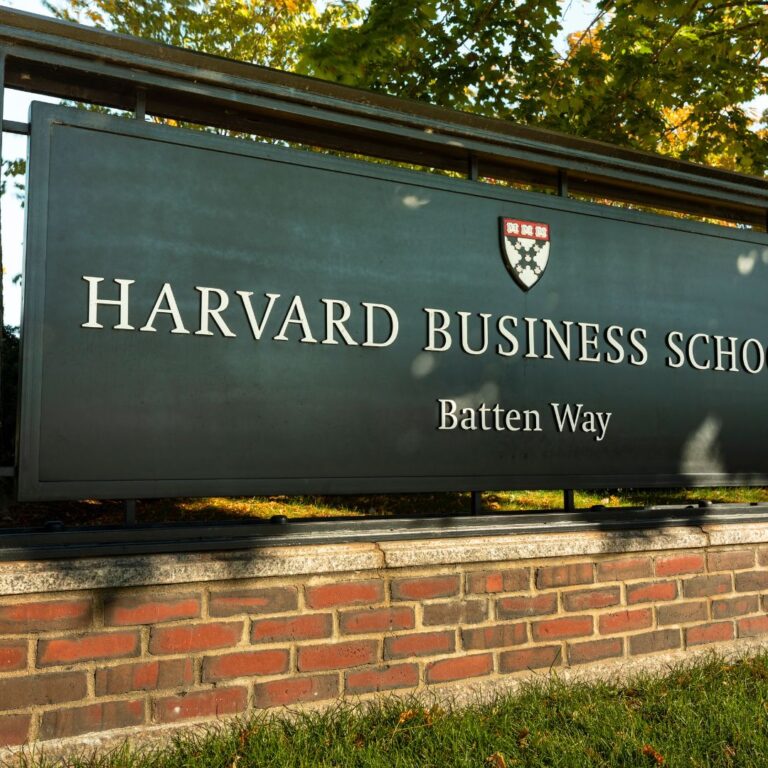Harvard University, the venerable institution nestled along the Charles River, holds an unparalleled position in the landscape of global higher education. Founded in 1636, it is not only the oldest university in the United States but also one of the wealthiest and most influential. Over nearly four centuries, Harvard has evolved from a modest colonial college into a powerhouse of intellectual, cultural, and economic significance.
A History Rooted in American Foundations
The story of Harvard begins with its establishment by the Massachusetts Bay Colony’s Great and General Court. Known initially as “New College,” it was conceived to train clergy and civic leaders. In 1639, the institution was renamed in honor of John Harvard, a minister whose bequest of his library and half his estate provided critical support in its formative years.
Through the 18th and 19th centuries, Harvard expanded its mission and scope. By the late 1800s, the institution was granting graduate and doctoral degrees, solidifying its reputation as a comprehensive university. Today, Harvard encompasses 13 schools and institutes, including its celebrated law, medical, and business schools, which continue to set benchmarks in their respective fields.
The Power of a $53 Billion Endowment
At the heart of Harvard’s success lies its financial might. As of June 2024, the university’s endowment stood at an eye-popping $53.2 billion, the largest of any academic institution in the world. Managed by the Harvard Management Company, this vast pool of capital is more than just a symbol of wealth—it’s a cornerstone of Harvard’s mission.
The endowment, a conglomerate of over 14,000 individual funds, supports a wide range of initiatives, from groundbreaking research to financial aid. In the fiscal year 2024 alone, the endowment generated a return of 9.6%, contributing $2.4 billion to Harvard’s operating budget. This financial stability allows the university to invest in its faculty, students, and infrastructure while fostering innovation in fields ranging from climate science to artificial intelligence.
A Global Influence Beyond Campus Gates
Harvard’s impact extends far beyond the ivy-clad buildings of its Cambridge campus. Its alumni network reads like a “Who’s Who” of global influence, including eight U.S. presidents, countless Nobel laureates, and leaders in business, technology, and the arts. Figures such as Franklin Delano Roosevelt, John F. Kennedy, and Barack Obama have carried the Harvard name into the halls of power.
Equally transformative are the university’s contributions to research and societal change. From pioneering work in medical science to advancements in sustainability, Harvard continues to tackle some of the world’s most pressing challenges. Its investments in green technologies and campus-wide sustainability initiatives underscore a commitment to addressing the climate crisis.
Challenges of Wealth and Prestige
Yet, even Harvard is not immune to scrutiny. The institution faces criticism over its perceived elitism and the accessibility of its education. While its financial aid programs are among the most generous in the world, the university must continually confront the question of whether its resources adequately serve the public good.
Additionally, in an era of increasing competition from global universities and public skepticism toward higher education’s value, Harvard must balance tradition with innovation. Initiatives like virtual learning programs and partnerships with international institutions are part of its strategy to remain a beacon of academic excellence.
Looking Ahead
As Harvard approaches its 400th anniversary, its dual legacies of scholarship and wealth are both its strength and responsibility. The university’s vast financial resources provide unparalleled opportunities to shape the future of education, research, and global leadership. Whether it’s combating climate change, fostering economic equity, or driving technological innovation, Harvard’s next chapter will undoubtedly be written on a global stage.
For an institution steeped in history, Harvard’s ability to adapt and thrive in a rapidly changing world remains one of its most enduring qualities. And as its past informs its future, the question is not whether Harvard will lead but how it will continue to redefine what leadership means in the 21st century.

